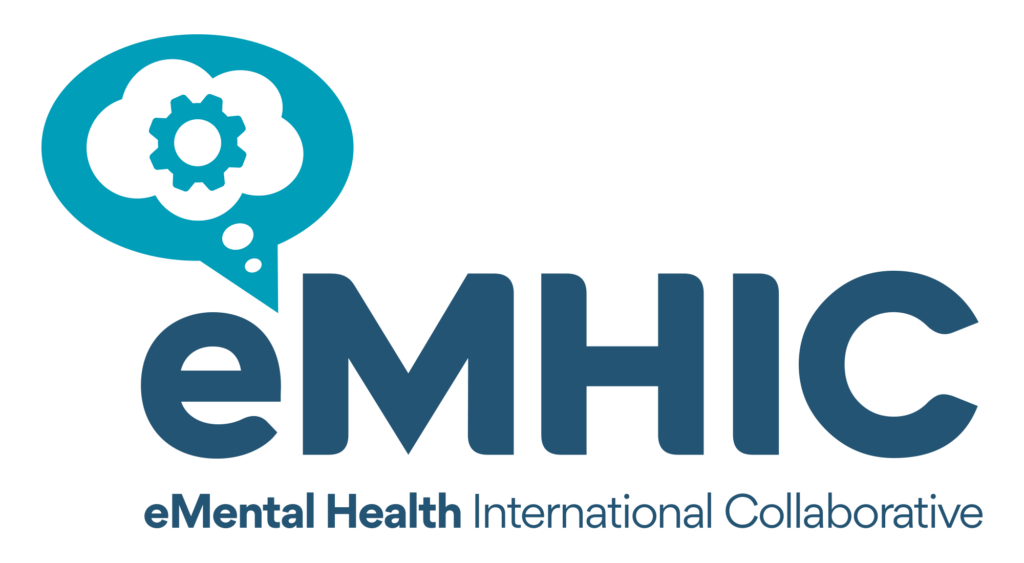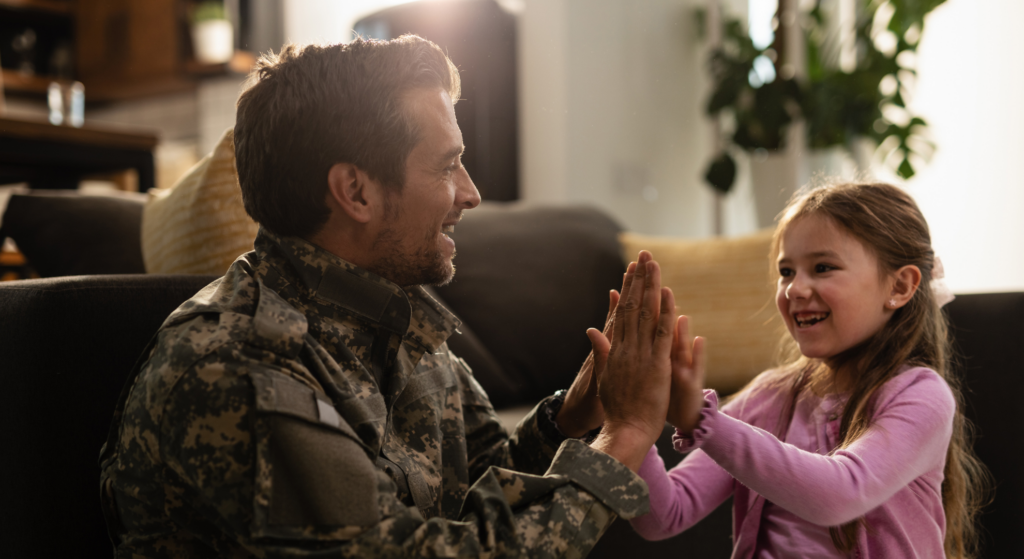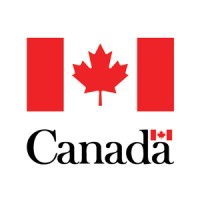Veterans Affairs Canada’s mandate is to support the well-being of Veterans and their families and to promote recognition and remembrance of the achievements and sacrifices of those who served Canada in times of war, military conflict and peace.
To achieve this mandate, one of the Department’s four main roles is to assist Veterans in accessing the supports and services they need. VAC is not a healthcare delivery organization and does not deliver healthcare directly to our clients. Our challenge in this complex health and healthcare environment is to ensure that our clients receive the best care, that we influence the delivery of that care, and that we measure improvements in an environment that cannot be qualified as a system.
By far VAC’s largest group of clients are former and current members of the Canadian Armed Forces. Services are also provided to former and serving members of the Royal Canadian Mounted Police. The 2021 Canadian Census counted 461,240 Canadian Veterans. At the end of 2023, VAC provided benefits and services to 148,745 clients, with 36% of those (53,675 clients) receiving benefits for a service-related mental health diagnosis. This number is almost double what it was in 2018 and continues to increase significantly year-over-year.
The evolution of digital, virtual and e-mental health programs and services for Veterans.
As the number of Veterans with mental health needs has risen, VAC has expanded its coverage of mental health services, supports and informational tools to assist with a successful transition to post-service life and the burdens of mental illness, when present. By far the greatest challenge in meeting the needs of clients is our geography. Canada is a vast country and service members settle across our territory as they leave the Canadian Armed Forces, including rural and remote locations.
This has been a key consideration that influences VAC’s efforts to build a wrap-around continuum of mental health programs and services that supports and offers choice to Veterans in accessing services in a way that best meets their needs. This continuum includes resources that range from self-directed to clinician-guided, all the way to clinician-supported and delivered.

Figure 1. Veterans Affairs Canada’s wrap-around continuum of mental health programs and services
Virtual Service Plan
Virtual services empower Veterans with the choice of a preferred visit type (virtual, in-person, hybrid), meeting place, the inclusion of a support person, and time. Expanding and maintaining virtual services to clients has allowed VAC to work toward improving health equity by breaking down barriers to access, improving accessibility, and promoting autonomy through a Veteran-centric approach.
Operational Stress Injury National Network
The Operational Stress Injury National Network (OSINN) includes 10 outpatient clinics, and 11 satellite service sites located across Canada. VAC fully funds the clinics, and provincial health authorities provide the services to clients. The clinics offer specialized services to Veterans who are dealing with operational stress injuries including post-traumatic stress disorder, depression, and general anxiety disorder related to their service. The OSINN clinics are the first ever to be able to report on data driven wait-times and to adjust treatment as a function of measurement-based care. This has been accomplished through the implementation of the Client Reported Outcomes Monitoring Information System (CROMIS) that provides real time feedback to clinicians regarding a client’s current state and/or functioning, as well as their progress across sessions. OSI clinics continue to adapt to meet the needs of clients and virtual services have remained an important option, accounting for 57% of all services in 2023-2024.
Operational Stress Injury Social Support
The Operational Stress Injury Social Support (OSISS) Program offers a hybrid model of peer support services to serving or retired members of the Canadian Armed Forces who suffer from an operational stress injury and to their families. Sessions are offered virtually for one-on-one and group peer support and in-person. OSISS remains committed to meeting peers where they are and according to their preference. While virtual services remain, in-person peer support is still actively encouraged.
Military Sexual Trauma Peer Support Program
The Sexual Misconduct Support and Resource Centre (SMSRC) and VAC have developed a Peer Support Program to support current Canadian Armed Forces members, Veterans, Department of National Defence public service employees, Cadets, and Junior Canadian Rangers 18 years and older affected by sexual misconduct and/or military sexual trauma during their service and/or in their workplace. This program facilitates a safe and confidential environment where participants can share their experiences, receive emotional support, and connect with others who have undergone similar challenges. The Peer Support Program is 100% virtual, offering increased accessibility, flexibility in scheduling, and supporting individuals from diverse geographic locations to participate.
PTSD Coach Canada
The PTSD Coach Canada app provides users with current information about operational stress injuries such as PTSD, where to find support, and ways to help manage symptoms and stress. The application is a Canadian adaptation of the U.S. Department of Veterans Affairs’ PTSD Coach app and is available for download from the Apple Store or Google Play. PTSD Coach Canada was assessed against the Mental Health Commission of Canada (MHCC) Framework for Mental Health Apps and has passed the assessment. The framework was developed together with the Organisation for the Review of Health and Care Apps (ORCHA), and includes key standards for safe, quality, and effective mental health apps.
Other Current Supports and Services
Veterans Affairs Canada also currently offers a range of supports and services in the digital space that are self-directed and do not require the Veteran to have an approved pensioned condition to access them. For example:
The Veterans Affairs Canada Assistance Service offers a 24-hour toll-free help line, faceto-face and virtual psychological support, bereavement support and referral services to Veterans, their family members and caregivers, as well as Pastoral Outreach for spiritual counselling.
LifeSpeak is an online self-help resource featuring leading subject-matter experts on subjects such as depression, nutrition, financial health and parenting. This resource is available as a free mobile app from the Apple Store or Google Play, and online at veterans.lifespeak.com.
The Canadian Veteran-specific version of Mental Health First Aid offers mental health literacy training to the Veteran community across the country. It is available virtually and in-person and delivered in partnership with the Mental Health Commission of Canada.
Looking to the Future
As Veterans needs continue to evolve, VAC is committed to expanding our offerings to ensure that Veterans have equitable access to evidence-based, culturally adapted mental health treatments, supports and services, when and where they need them.




